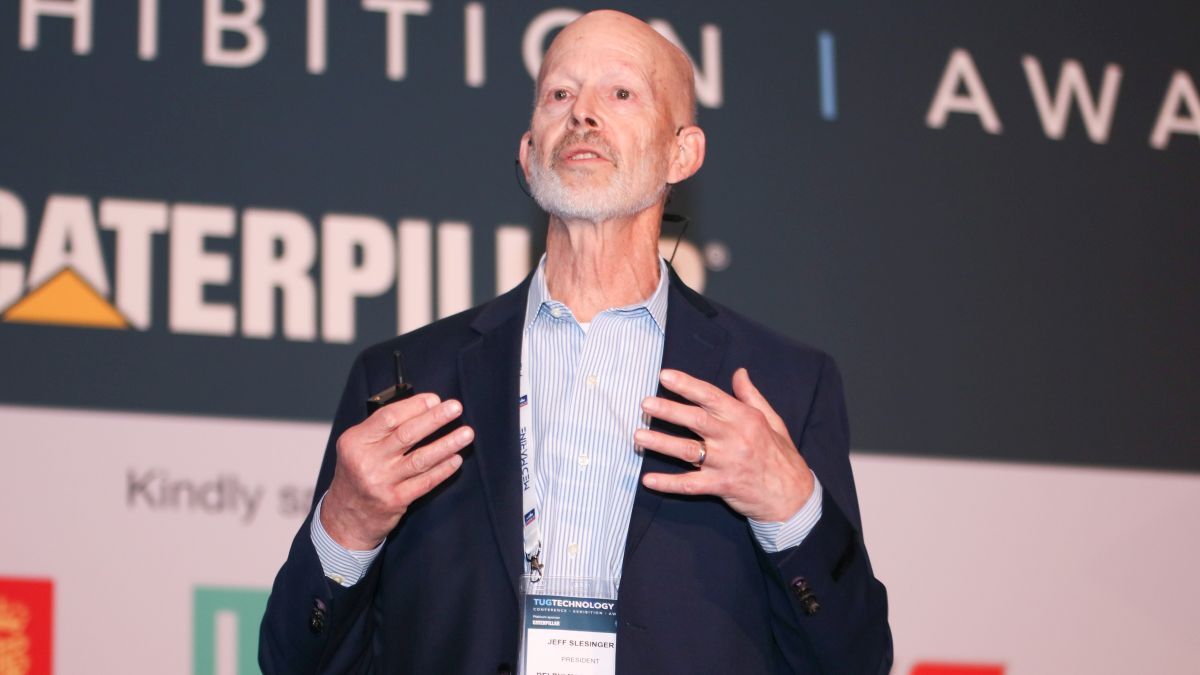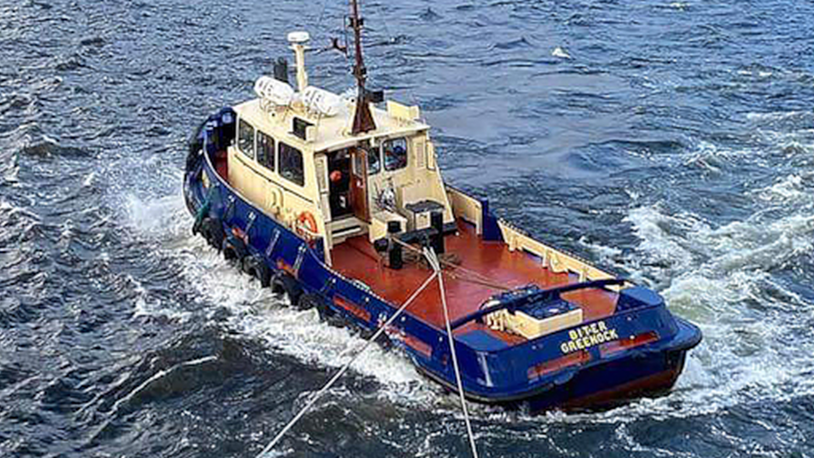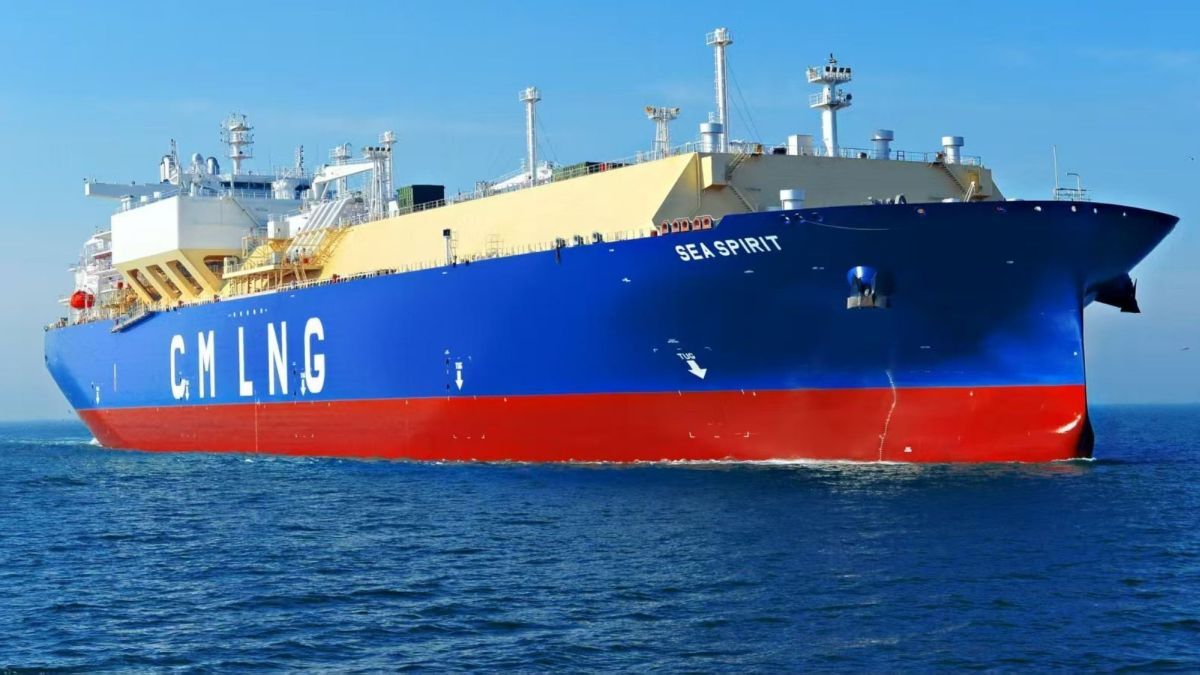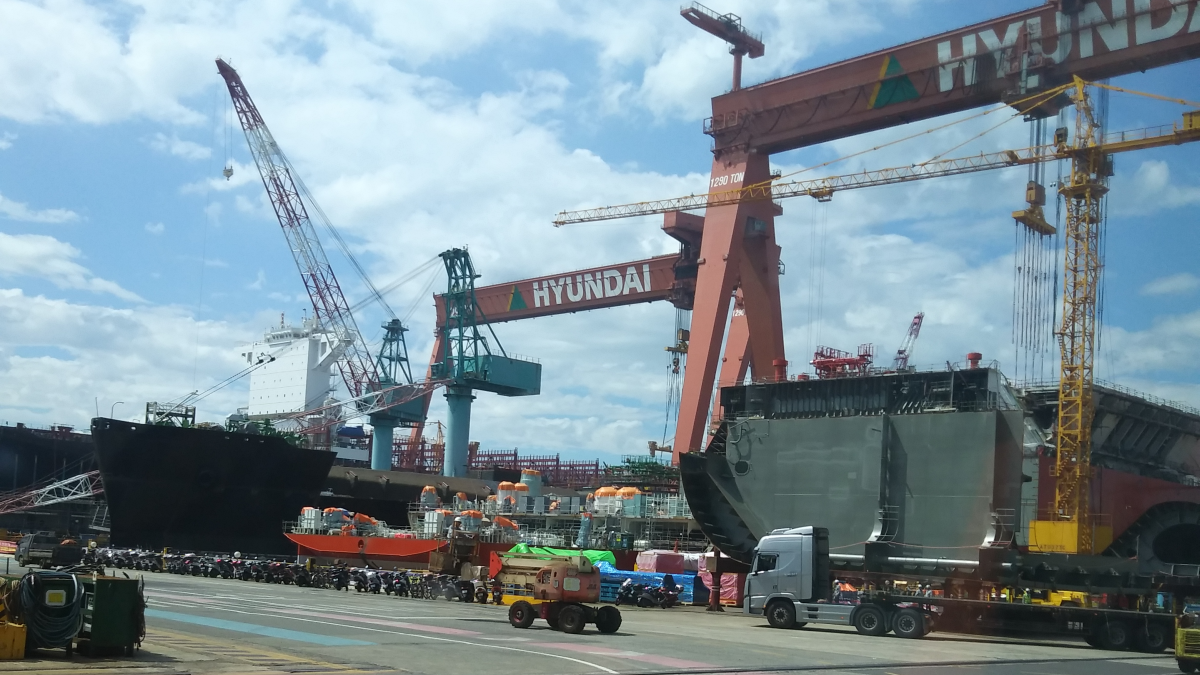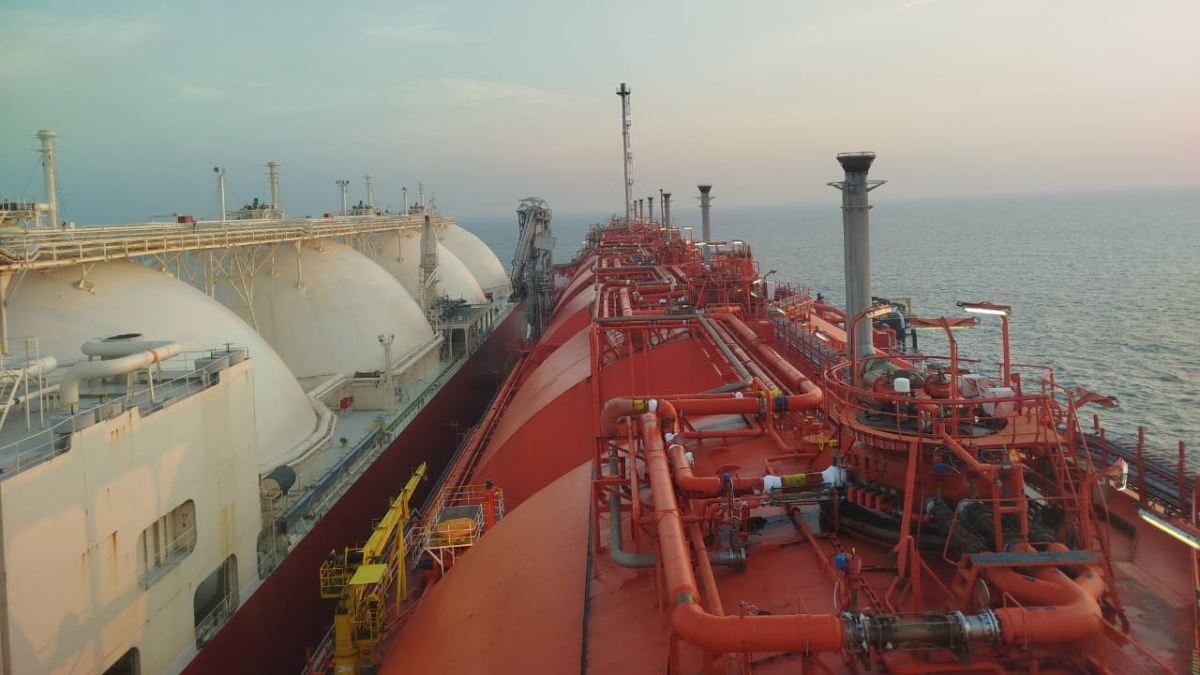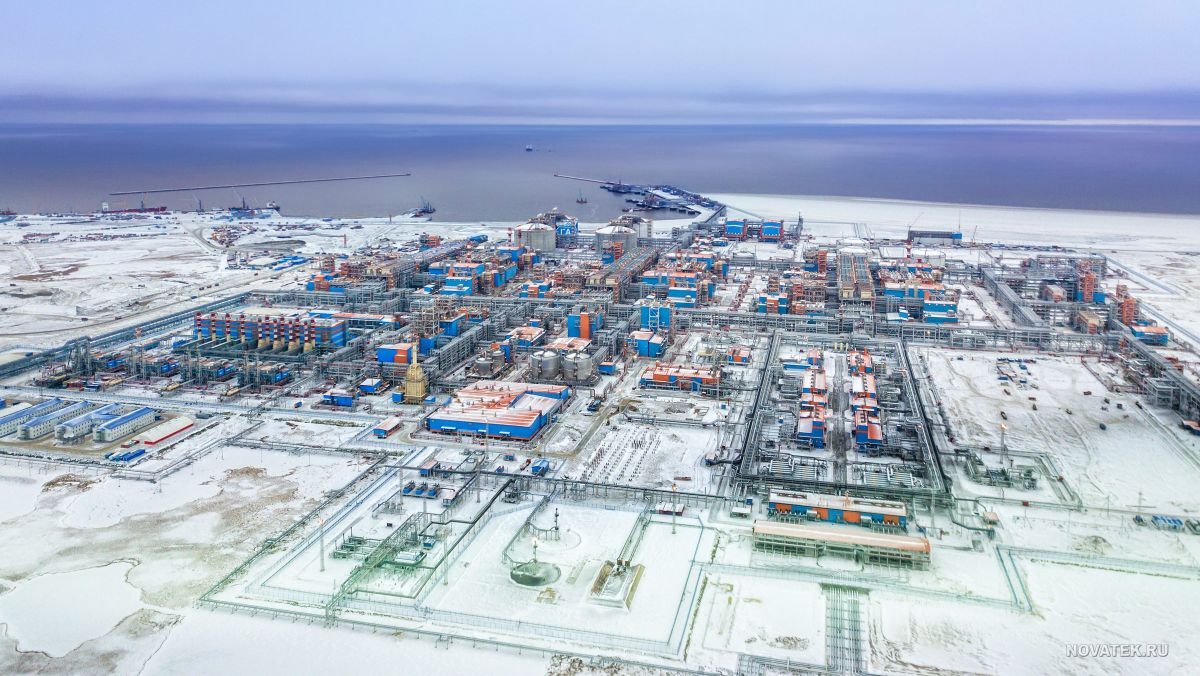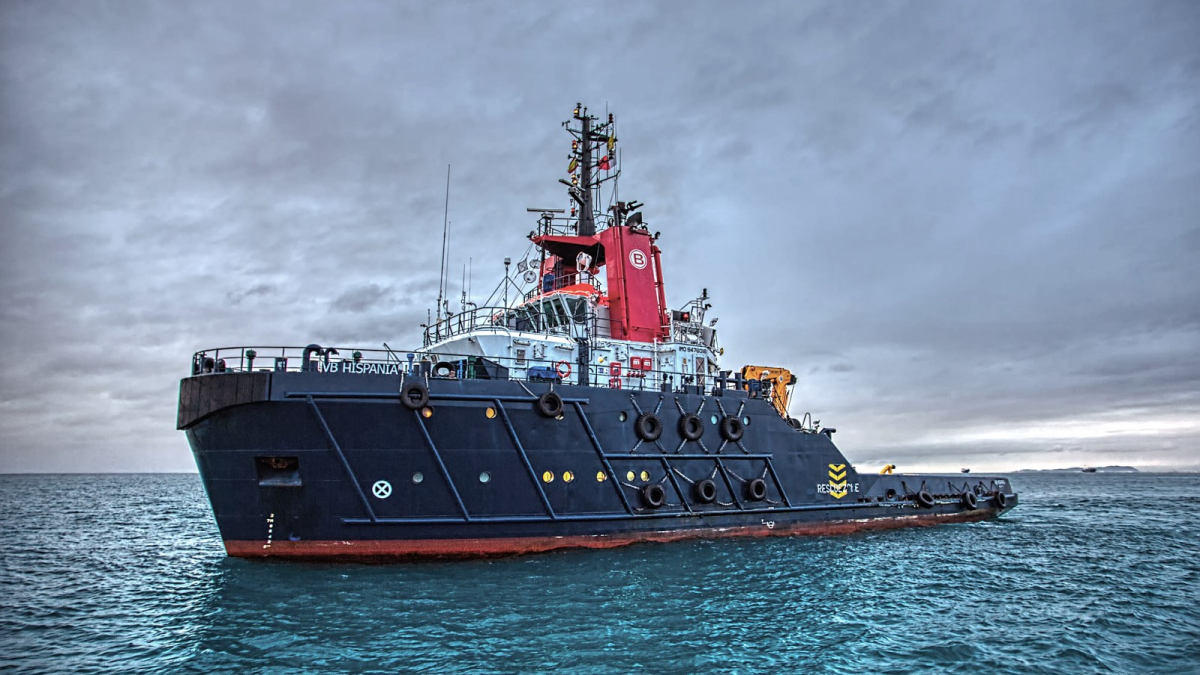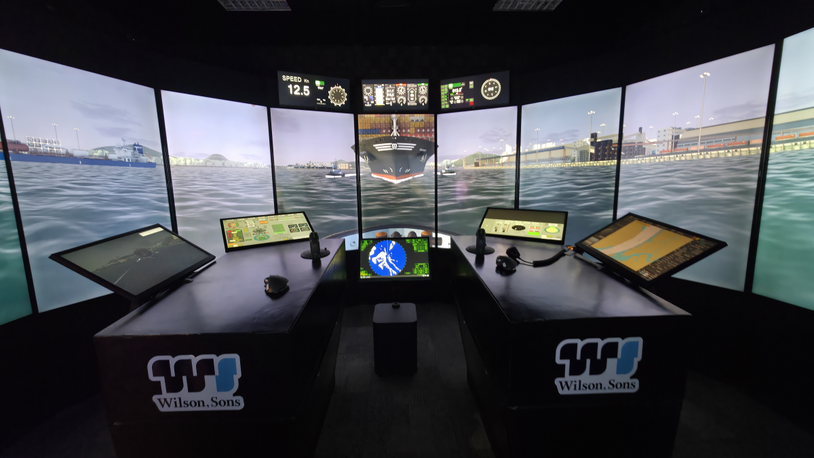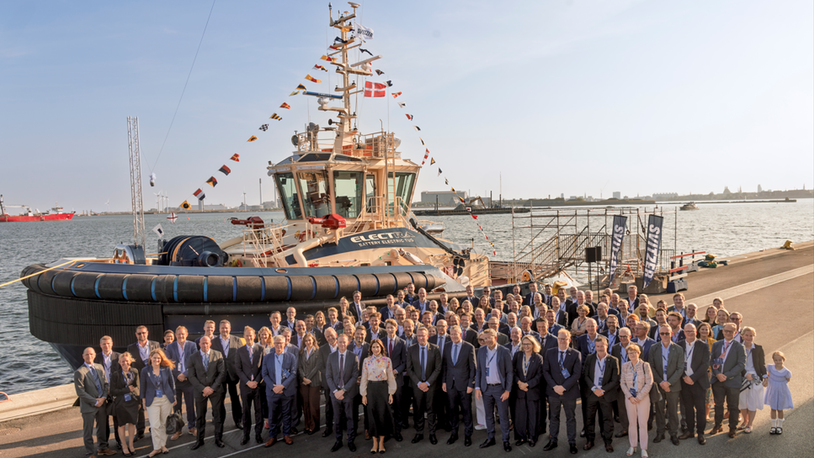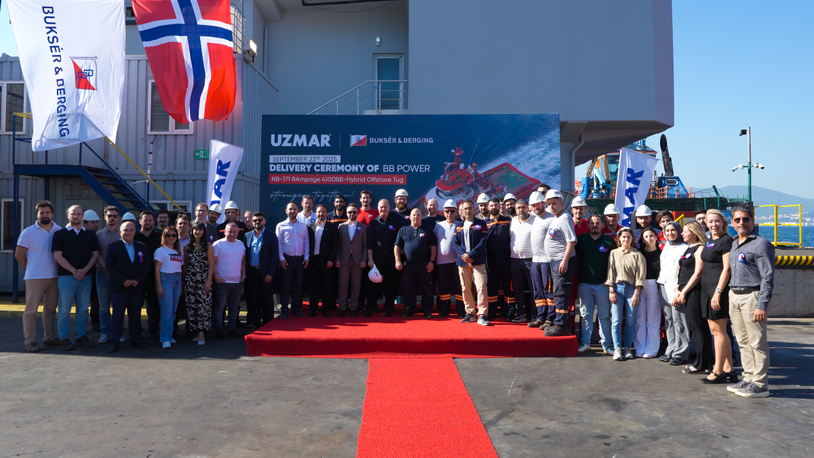Business Sectors
Events
Contents
Register to read more articles.
The importance of mentoring engineers in alternative energy systems
Advances in alternative energy systems are leading to a shortage of trained engineers, hampering company and fleet growth
A workforce shortage is a dominant factor that limits tug owners’ growth, viability and operational success. These shortages are caused by an amalgamation of factors including fleet upgrades, an ageing workforce and implementing new technology such as alternative fuels and hybrid energy systems, says Delphi Maritime president Jeff Slesinger.
This leads to a high demand for mariners with specialised skills, fresh recruits and a refurbished workforce, requiring training and career development.
“Workforce solutions involve recruitment, retention and training,” explains Mr Slesinger. “The traditional mentor/apprentice model requires updates to meet new challenges and complexities in technology and regulatory pressures.”
He says onboard training is a critical element in rejuvenating the workforce. “The success of onboard training and by association, a company’s sustainability and viability relies heavily on its cohort of mentors.”
Regardless of technological advances, mentors and trainers remain key to workforce development. “Devoting resources to training-the-trainer and ensuring those cast in that role have the full set of technical knowledge and mentoring skills will pay long dividends toward a company’s success,” Mr Slesinger says.
Towage companies have trouble finding qualified captains, mates and deck personnel, and especially engineers qualified to use different types of alternative energy systems (AES) and low-carbon fuels. These developments are having a massive impact on daily tugboat operations and place an extra burden on engineers.
“A typical AES-propelled tug is a one-off custom-designed vessel. That first engineer is commonly the owner’s representative who has been engaged throughout the design and build process and has established a network of resources and relationships with each silo of expertise,” says Mr Slesinger.
“By default, they become a mentor to the next onboard engineer. One inhouse resource may suffice if there are one or two of these vessels in the fleet, but the towage industry is rapidly transitioning from an AES innovation phase to a growth phase.”
Owners need several engineers qualified as systems-integration specialists and mentors to crew these battery-electric and hybrid propulsion tugs.
“Engineers will require both academic knowledge and practical skills to safely manage and operate AES machinery,” Mr Slesinger explains.
“The curriculum will include generic knowledge for all fuel/energy types and new technologies, and detailed knowledge of the AES specific to the engineer’s vessel.”
Academic generic knowledge is being addressed through shoreside classes and e-learning modules developed by maritime training institutions and guidance from IMO and other class and regulatory organisations.
“However, there is a training gap between AES generic knowledge and vessel-specific AES knowledge,” he continues. “An onboard mentor will have a critical role in connecting the academic to the practical applications aboard a vessel.”
The effectiveness of these individuals and the overall success of implementing AES technology on tugs is dependent on both their mentoring skills and technical knowledge. “There is no secret sauce to learning how to handle a tug or run an engineroom. It is a series of learning from mistakes.”
Mentors need to set up a ’box of learning’ that enables trainees to gain experience and skills, while learning from their own mistakes. These boxes need “defined boundaries that allow a trainee to make and recognise the mistake, create and take corrective action – all in a space and time that protects personnel, property, the environment and the business,” says Mr Slesinger.
He also says mentor and apprentice training programmes could adapt to new roles on vessels. “The traditional hands-on, mechanically inclined operating engineer is evolving into a systems-integration specialist,” he says. “Models should adapt to the transformational shift of the onboard engineer’s role and responsibilities.”
Jeff Slesinger presented a technical paper on this subject at Riviera’s TUGTECHNOLOGY Conference in Antwerp, Belgium in May 2025
Related to this Story
Events
Offshore Support Journal Conference, Americas 2025
LNG Shipping & Terminals Conference 2025
Vessel Optimisation Webinar Week
© 2024 Riviera Maritime Media Ltd.


